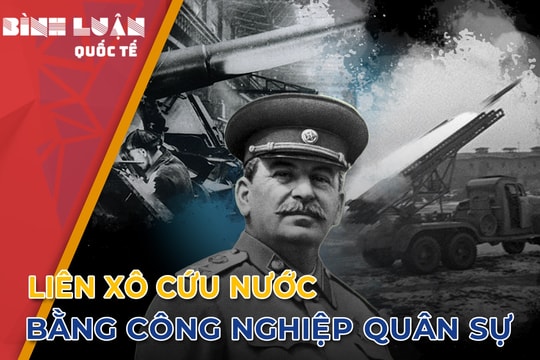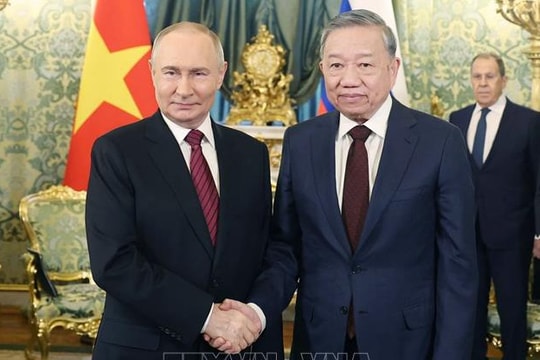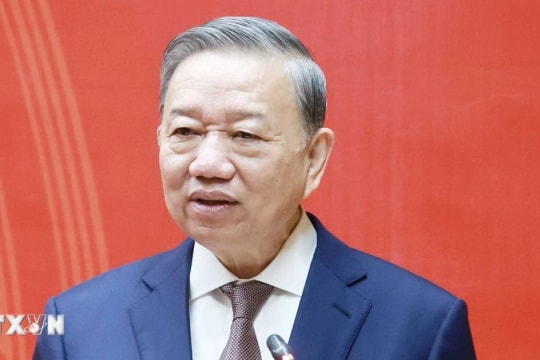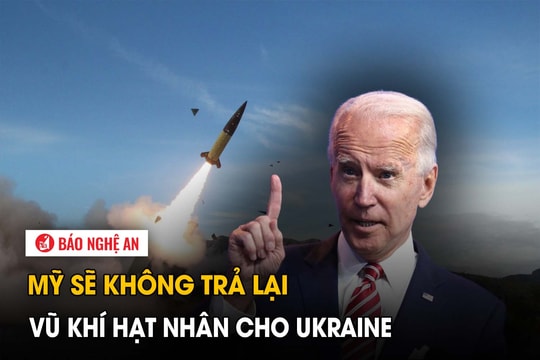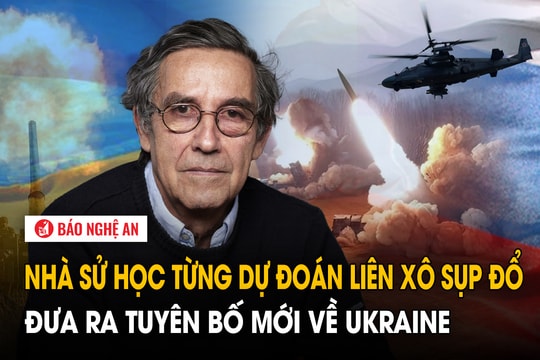US-North Korea summit recalls Cold War summit diplomacy
(Baonghean.vn) - According to analysts, the planned summit between US President Donald Trump and North Korean leader Kim Jong-un is reminiscent of historic encounters between US and Soviet leaders during the Cold War to strengthen peace.
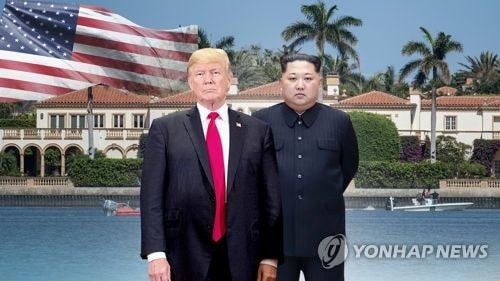 |
| US President Donald Trump and North Korean leader Kim Jong-un. Photo: Yonhap |
Trump and Kim are scheduled to hold a summit in Singapore on June 12, amid hopes that their talks will lay the groundwork to end decades of hostility and chart a peaceful path to North Korea's denuclearization.
Ahead of the unprecedented talks between the longtime foes, analysts have drawn parallels with Cold War summits, which helped build trust and ease military tensions, though they sometimes ended in vaguely worded agreements.
“I think in some ways we’re at a stage similar to 1959, when Eisenhower tried to test Khrushchev by inviting him to Camp David,” said Patrick M. Cronin, senior director of the Asia-Pacific Security Program at the Center for a New American Security. “He wanted to see if Stalin’s successor was different and if Cold War tensions could be reduced rather than continually increased.”
“While that tentative summit did not produce any major agreements, it did show that a process could develop, and Kennedy certainly came away with what became the initial building blocks for arms control,” he added.
The summit between Dwight Eisenhower and Nikita Khrushchev took place in a context of deep distrust between the two superpowers, the US and the Soviet Union.
Khrushchev’s concerns about the invitation to Camp David, the US presidential retreat nestled in the mountains of Maryland, underscored the depth of understanding between the enemies. The Soviet leader later wrote that the summit venue could be a “place where doubters would be isolated.”
Although Eisenhower and Khrushchev failed to produce any concrete agreements, the media still celebrated the “Camp David spirit.” But hopes of improving relations faded after an American spy plane was shot down by Soviet forces in May 1960.
Citing the 1959 summit, Cronin noted that North Korea is not the Soviet Union, a power with which the United States engaged in a decades-long strategic competition.
“The US will not be satisfied with such little progress (from a summit with North Korea) before returning to its strategy of pressure, deterrence and restraint,” the scholar said.
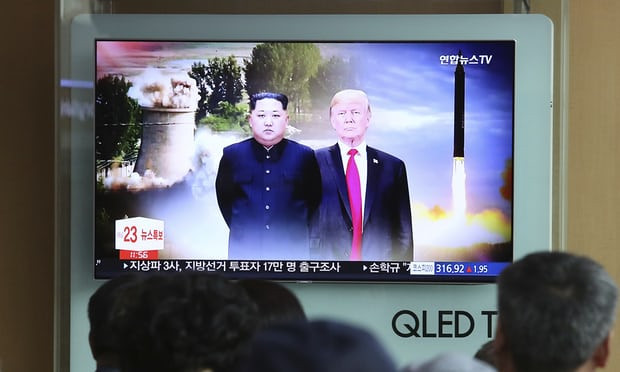 |
| Preparations for the US-North Korea summit on June 12 are being rushed to completion in Singapore. Photo: AP |
Other experts have compared the Trump-Kim summit to the 1989 Malta Summit between US President George HW Bush and Soviet leader Mikhail Gorbachev, where they discussed ending the Cold War. The meeting took place less than a month after the fall of the Berlin Wall.
After the summit, Gorbachev told reporters that “threats of force, distrust, psychological and ideological struggles” should be things of the past. In return, Bush declared that the two sides could transform East-West relations into “long-term cooperation.”
“The Trump-Kim summit in Singapore is as historic as the Malta summit, ushering in the post-Cold War era,” said Kim Youl-soo, a foreign policy expert in Seoul. “That’s because the Singapore summit is aimed at resolving the North Korean nuclear issue and resolving decades of hostility between Washington and Pyongyang.”
The June 12 summit in Singapore was arranged after the North Korean leader shifted his policy focus to economic development, after years of provocations that raised fears of a nuclear war on the peninsula last year.
Some observers see similarities between Mr. Kim's policy shift and former Soviet leader Gorbachev's push for openness.
However, Balbina Hwang, a visiting professor at Georgetown University, points out the difference between Kim and Gorbachev. She says: “Kim is indeed willing to make changes, but these changes are not seen as a lifeline as they were with Gorbachev, but because Kim feels confident enough that he can pursue them and still have control over the outcome, which means maintaining and actually strengthening the country’s regime and system, not weakening it.”
Some analysts are wary of drawing any parallels with Cold War summits, citing the differences between US-North Korea relations and superpower rivalry. “There is no comparison,” said Peter Joachim Katzenstein, a professor of international studies at Cornell University. “To me, this is a unique situation, not even comparable to Iran.”
Rana Mitter, a British historian, points to the contrast between the Cold War approach to nuclear weapons and the current situation regarding North Korea: “Nuclear arms reduction was a major factor in the Cold War. However, back then, there was more concern about reducing the arsenals of the superpowers. Today, there is little discussion about removing weapons from existing nuclear states. Instead, the motivation is to find ways to prevent proliferating states, such as North Korea and Iran. This is a very different motivation.”

